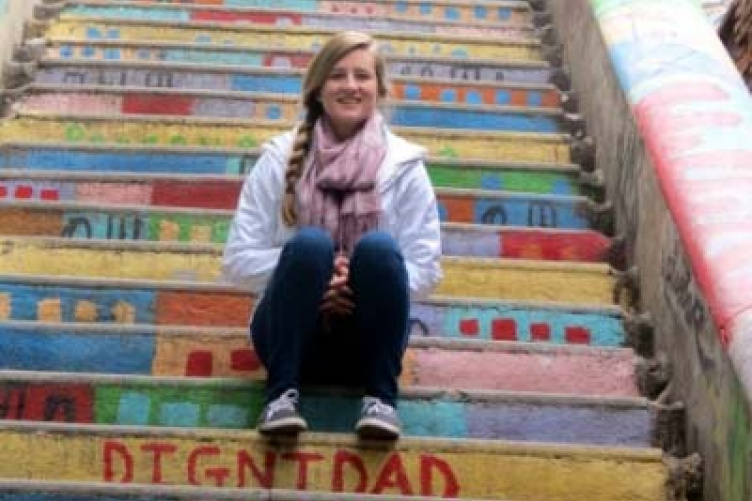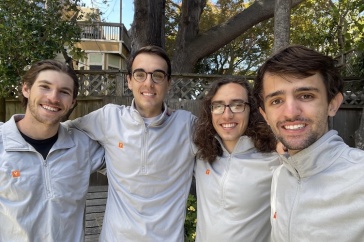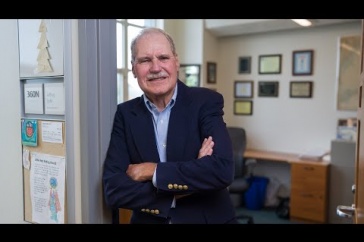
When Sarah Wiggins ‘15 was conducting research in Talca, Chile, this past summer she met an 83-year-old woman whose education had stopped after only three years. She raises cattle and sells them to other farmers, and rents out rooms in her house. Guests can go horseback riding or hiking right there on her property. She’s earning a living.
So, for her, the answer to Wiggins’ research question of whether agritourism can change lives for the better, is yes.
“I was asking her about best business practices and she didn’t know what those were,” says Wiggins, a business administration major with a minor in hospitality management.
“But she had a concept of recordkeeping and customer service. She had figured out what she needed to know. And it was working.”
And it was working for the other small farm owners Wiggins interviewed during her nine-week Summer Undergraduate Research Fellowship (SURF), offered through UNH’s Hamel Center for Undergraduate Research. Nelson Barber, associate professor of hospitality management at the Peter T. Paul College of Business and Economics, served as Wiggins’ mentor. An associate of Barber’s helped Wiggins connect with a mentor in Chile.
It was her interest in hospitality and agriculture that led the New Hampshire native to the idea of exploring agritourism, often seen in the blend of tourism with agricultural operations such as farms or ranches.
The research had Wiggins traveling around the rural Maule region, with its dirt roads and lack of street signs, talking to farmers about the ways they have incorporated tourism into their livelihood. The places she visited took in guests, renting cabins, campsites or rooms in their homes. Some of the farmers sold clothing made from alpaca wool or horsehair. Others offered food, homeopathic remedies and holistic medicine or massage. There were also recreational activities such horseback riding and hiking. A few were in the forestry business.
“They’re small-scale, raising small amounts of vegetables, or a few animals. A couple are just beekeepers,” Wiggins says.
All of the farmers she interviewed are part of a governmental program that provides training for people trying to maximize the use of their resources. Most of the farmers have added some form of agritourism to help supplement their income.
“Basically, I tried to get a sense of how they ran their businesses; if they had any knowledge of business practices; what kinds of challenges they face, and how the government could better assist them,” Wiggins says. “Agritourism was definitely a new sector of their business.”
Most were doing pretty well. Still, the hope for many, she says, is that expanding their knowledge of how to run a hospitality business will keep them from having to consolidate with larger farms.
“Agriculture has gone through a lot of changes in recent years; there’s a lot of pressure. To combat that, farmers need more opportunities; more income,” Wiggins says. “They are figuring out what they need to know.”
The trip to Chile—her first to a foreign country—helped Wiggins figure out things she didn’t know about herself.
“One of the things I learned was what my own limitations are, and how far I could push myself,” says Wiggins, who worked with an interpreter. “And I learned a lot about self-directed work.”
Related:
Hamel Center for Undergraduate Research
Courtesy photo.
-
Written By:
Jody Record ’95 | Communications and Public Affairs | jody.record@unh.edu




















































